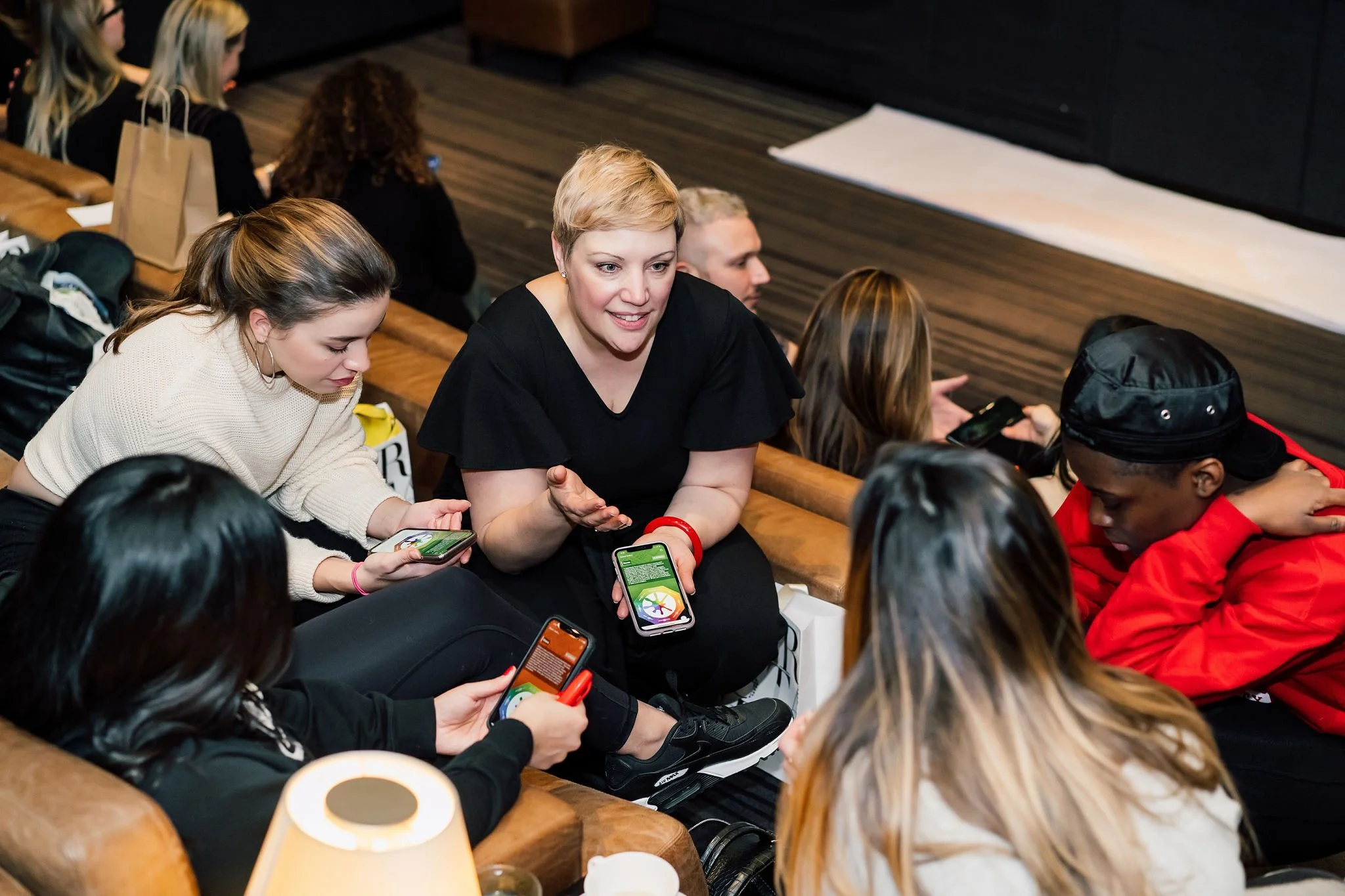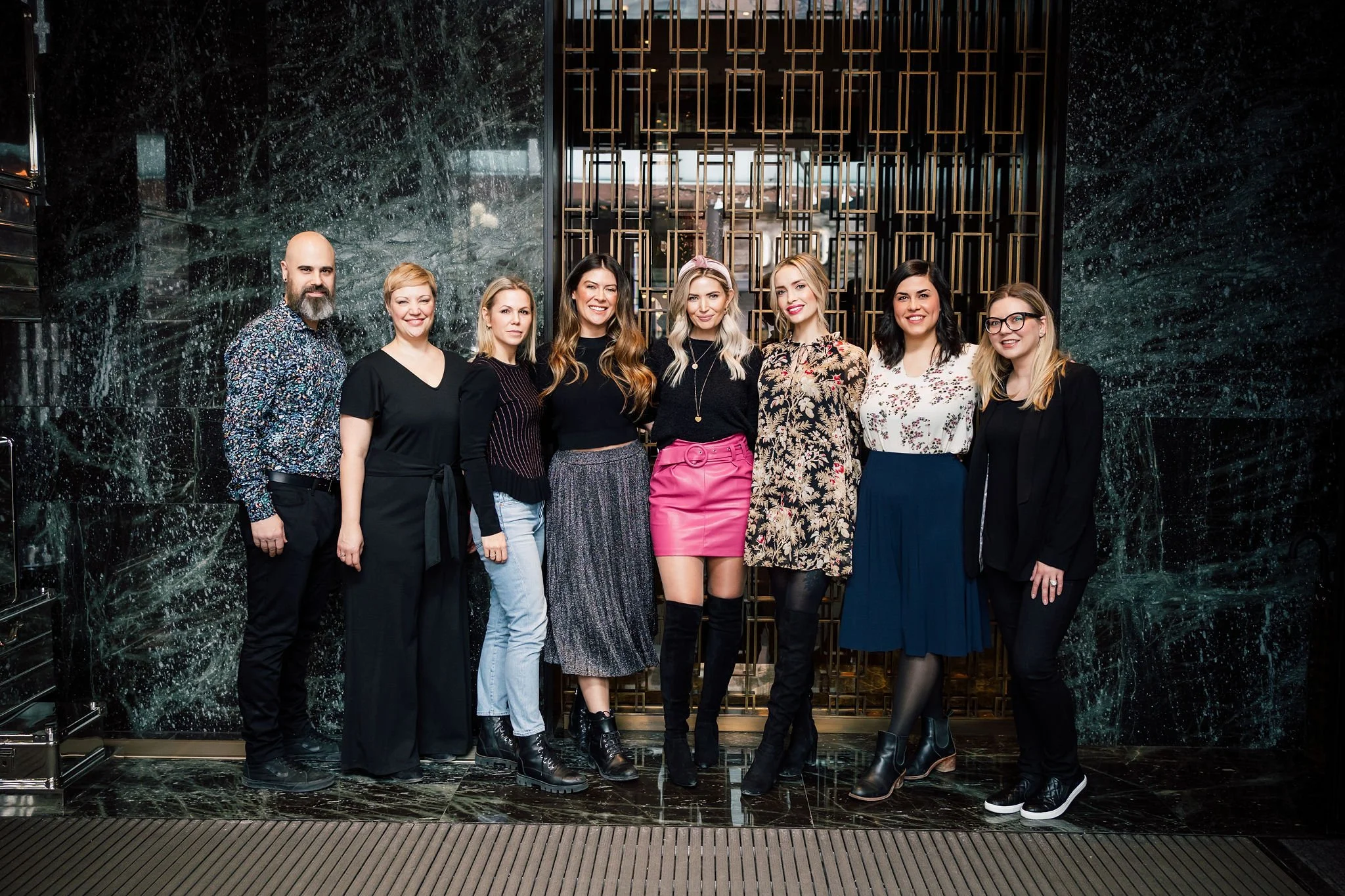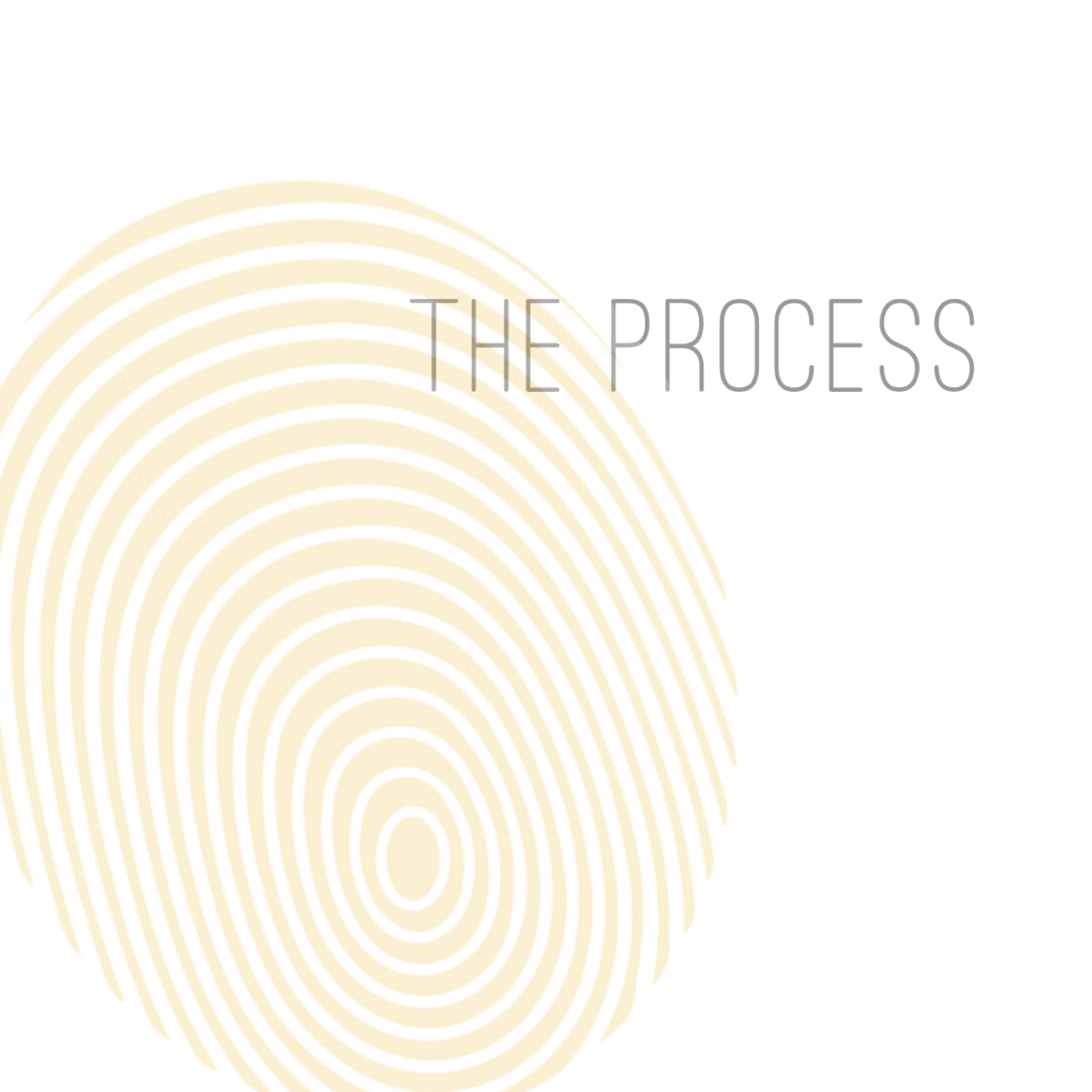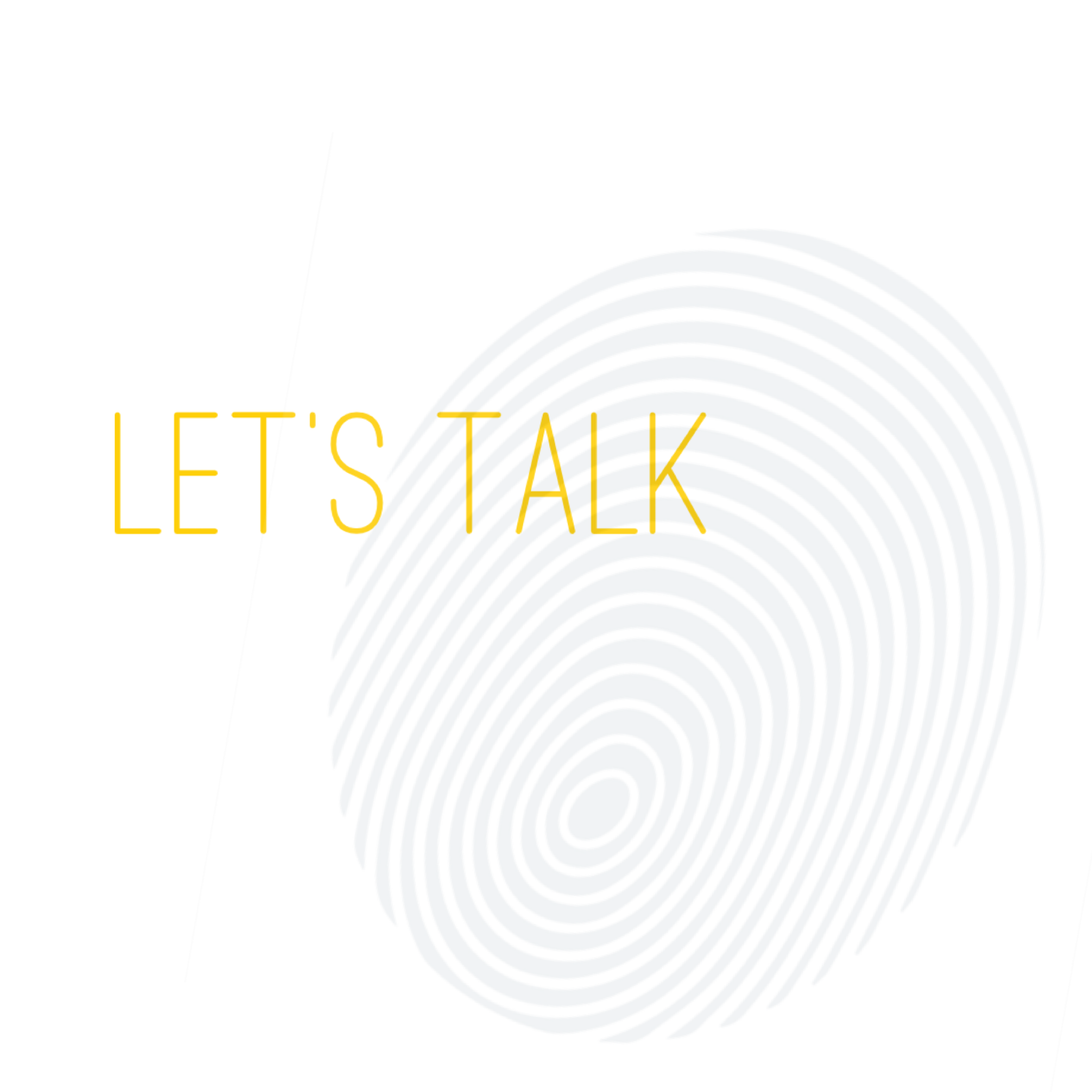
Empathy at Work
A holistic approach to happier, more resilient, and more productive teams
Many of us are looking for more ease and energy at work and in our lives.
This is often an ongoing struggle in workplaces because leaders tend to focus on business goals and objectives. Employees push back to set firm boundaries, and don’t feel heard or considered. As a result, everyone feels frustrated that their needs aren’t being met at work.
Work is draining, team morale goes down, and it shows in the business.
In an attempt to improve morale, systems, schedules, roles, and targets are adjusted. Sometimes the changes work, but often only with short term impact. Before long, the cycle starts all over again.
Typical team-building advice.
A lot of team building advice promotes life-work balance to improve team morale. The focus is on individuals building their own boundaries. This kind of balance is tough to measure or sustain because it’s a moving target, and it doesn’t consider fellow team members or shared goals.
Trying to “figure it out” as individuals with little or no success can lead to burnout or apathy.
Here’s another option:
I believe there is a lot more to team resilience than building boundaries & balance.
Life-work balance can feel very either/or.
It’s about empathy with self, each other and collectively and integrating work and life together.
If you would like to explore these layers of empathy in your team take the Empathy at Work Quiz
To thrive at work, people need see themselves and others as human beings, not human doings, allowing everyone to show up as themselves. They need to feel heard, accepted and seen as individuals, separate from their professional roles and the business goals.
Integration is putting work and personal life together in a way that works for you, your team, and the business.
Welcoming and celebrating individual and combined skills, natural qualities, feelings and needs.
To create that sense of safety, we need to build empathy for ourselves and for each other, and acknowledge that we have different skills, qualities and needs.
With this awareness, shape the business practices and habits to serve everyone’s needs.
My approach focuses on empathy and integration:
Teams can work better together
✔ Leaders need to model the behaviours.
✔ Individuals need to feel safe to express their reality in the process.
✔ The team needs to have a process to share collective experience.
✔ The business needs clearly defined and seperate.
Three distinct parts to Integrate:
In order to create the workplace team that people REALLY want to be a part of, it takes Practical, Professional Empathy.
It’s a normal for teams fall out of alignment with themselves, each other or the business.
Without slowing down and getting to the heart of the situations, time, energy and finance can be wasted trying to solve the wrong problem.
To get back in alignment, all levels of the team need to be invested and considered.
When Empathy is missing at work:
Decisions are Hard
Decision-making or getting buy-in from your team members is difficult.
Work is Redone
You choose to spend your time redoing work over giving feedback.
Resentment
Resentment towards your team members builds and you take that home with you.
Distraction
The constant drama and nitpicking on your team are distracting from their work.
Uninspired
You feel exhausted and burnt out, leading you to miss workdays and feel uninspired to contribute.
Overtime
The workload is unmanageable, you work overtime to get it all done.
Empathy at Work Sessions
If you are curious about how more empathy at work can support, start with an Empathy at Work session. These are mini sessions designed to explore why of empathy at work matters.
-
An Empathy at Work session covers:
1. Why empathy matters to owners, leaders, team members, and customers
2. Three parts of empathy
3. Three small actions you can take right away to start practicing this at work
-
Sessions are typically 1 hour-long, including training, practice and time for questions. Like individuals, all businesses are unique, so session format and length to meet your needs.
-
Sessions are designed for owners or leaders to explore how empathy at work could benefit their teams and business.
They can also be adapted as a welcome session before entering a series of sessions with your team.
-
send me an email letting me know a little more about you and we can talk about individual options.
-
Sessions are typically $225 - $350 depending on personalization required.
A quote will always be provided after the initial consultation.
-
no materials or prep work is required for an Empathy at Work session.









